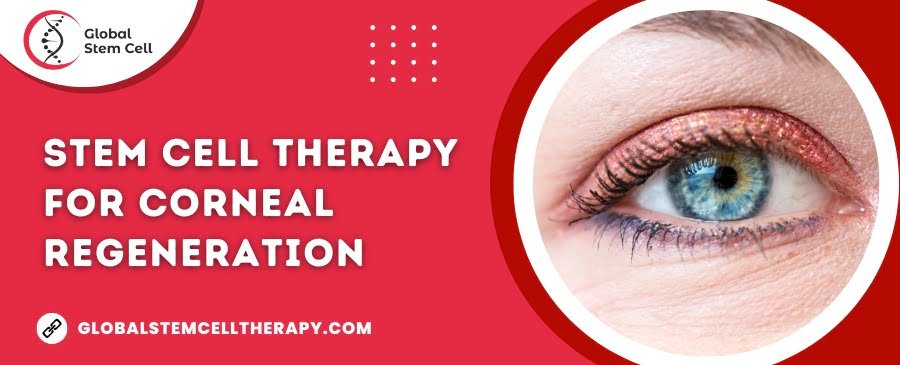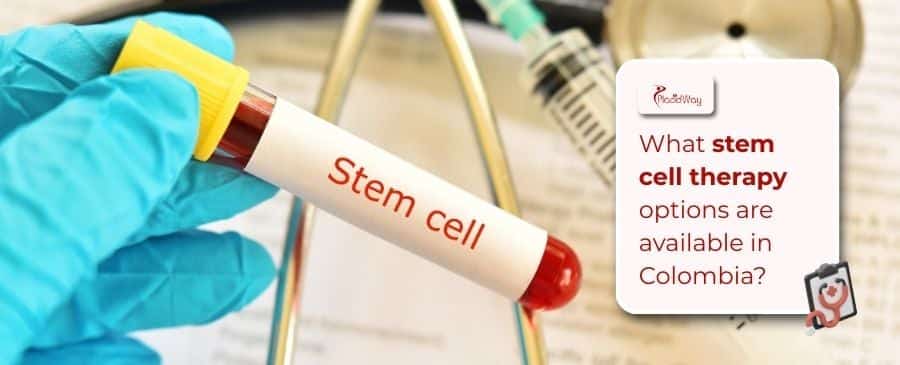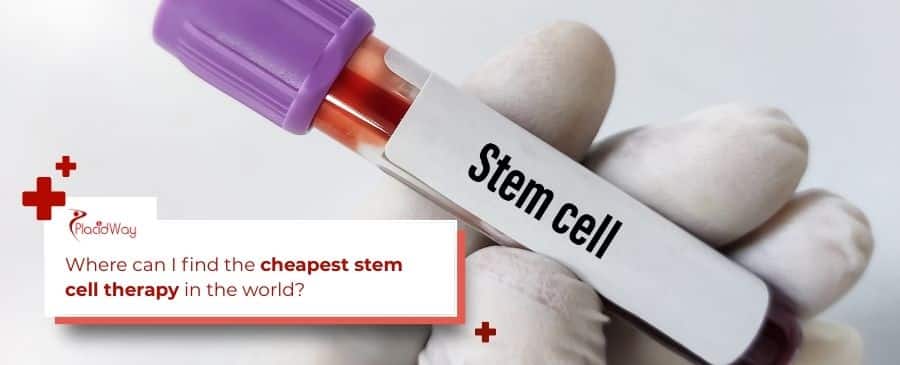Terapia con células madre para la regeneración de la córnea
La ceguera corneal es una enfermedad frecuente y debilitante que afecta a millones de personas en todo el mundo. En la mayoría de los casos, la única cura es un trasplante de córnea. Sin embargo, estos trasplantes no siempre tienen éxito y existe una escasez crónica de donantes. Por ello, los investigadores están explorando tratamientos nuevos e innovadores para la regeneración de la córnea, como la terapia con células madre.
¿Qué son las células madre?
Las células madre son células primitivas que tienen la capacidad de diferenciarse en una amplia gama de tipos celulares especializados. Esta propiedad las convierte en un candidato prometedor para la medicina regenerativa, ya que pueden utilizarse para reparar tejidos dañados. Existen dos tipos principales de células madre: las embrionarias y las adultas.
Las células madre embrionarias proceden de embriones humanos y tienen capacidad para diferenciarse en cualquier tipo de célula del organismo. Las células madre adultas, en cambio, se encuentran en tejidos como la médula ósea y la grasa, y tienen una capacidad más limitada para diferenciarse en distintos tipos celulares.
¿Cómo ayuda la terapia con células madre en el tratamiento de la regeneración de la córnea?
La regeneración de la córnea mediante terapia con células madre implica el trasplante de células corneales sanas en la córnea dañada. Estas células pueden obtenerse de diversas fuentes, como los propios tejidos del paciente o de donantes. Las células se cultivan en el laboratorio para crear un gran número de células que se trasplantan a la córnea dañada.
Una de las principales ventajas de la terapia con células madre para la regeneración de la córnea es que tiene el potencial de evitar la necesidad de un trasplante completo de córnea. En muchos casos, puede realizarse un trasplante de espesor parcial, lo que reduce el riesgo de rechazo y otras complicaciones asociadas a los trasplantes completos. Además, el uso de células del propio paciente reduce el riesgo de rechazo y la necesidad de inmunosupresión.
Beneficios de la terapia con células madre para la regeneración de la córnea
La terapia con células madre para la regeneración de la córnea puede tener varias ventajas, entre ellas:
- Evita la necesidad de un trasplante completo de córnea: En muchos casos, puede realizarse un trasplante de grosor parcial mediante terapia con células madre, lo que reduce el riesgo de rechazo y otras complicaciones asociadas a los trasplantes completos.
- Reduce el riesgo de rechazo: El uso de células del propio paciente para el trasplante reduce el riesgo de rechazo, ya que es menos probable que el sistema inmunitario del paciente ataque a las células trasplantadas.
- Minimiza la necesidad de inmunosupresión: La inmunosupresión es un efecto secundario habitual de los trasplantes de córnea, ya que es necesario suprimir el sistema inmunitario para evitar el rechazo. Con la terapia de células madre, el uso de células del propio paciente reduce la necesidad de inmunosupresión.
- Favorece el proceso natural de curación del organismo: Las células madre tienen la capacidad de diferenciarse en una amplia gama de tipos celulares especializados y pueden contribuir al proceso natural de curación del organismo sustituyendo las células dañadas y favoreciendo la regeneración de los tejidos.
- Mejora la visión y la calidad de vida: Al regenerar el tejido corneal dañado, la terapia con células madre puede mejorar la visión y la calidad de vida de las personas con ceguera corneal.
Estado actual de la terapia con células madre para la regeneración de la córnea
La terapia con células madre para la regeneración de la córnea se encuentra aún en las primeras fases de desarrollo. Sin embargo, se han obtenido algunos resultados prometedores en modelos animales y actualmente se están realizando varios ensayos clínicos.
Uno de los retos de la terapia con células madre para la regeneración de la córnea es encontrar el tipo adecuado de células madre a utilizar. Los investigadores siguen trabajando para identificar el tipo óptimo de células madre para este fin y determinar los mejores métodos de cultivo y trasplante de estas células.
La terapia con células madre para la regeneración de la córnea es un nuevo y prometedor tratamiento para la ceguera corneal. Aunque aún queda mucho trabajo por hacer, los resultados de los ensayos clínicos en curso aportarán información valiosa sobre la seguridad y eficacia de este enfoque. Si tiene éxito, la terapia con células madre tiene el potencial de revolucionar el tratamiento de la ceguera corneal, ofreciendo una solución nueva e innovadora para esta enfermedad debilitante.
Para más detalles sobre la terapia con células madre para la regeneración de la córnea y clínicas de células madrePóngase en contacto con nosotros hoy mismo:






